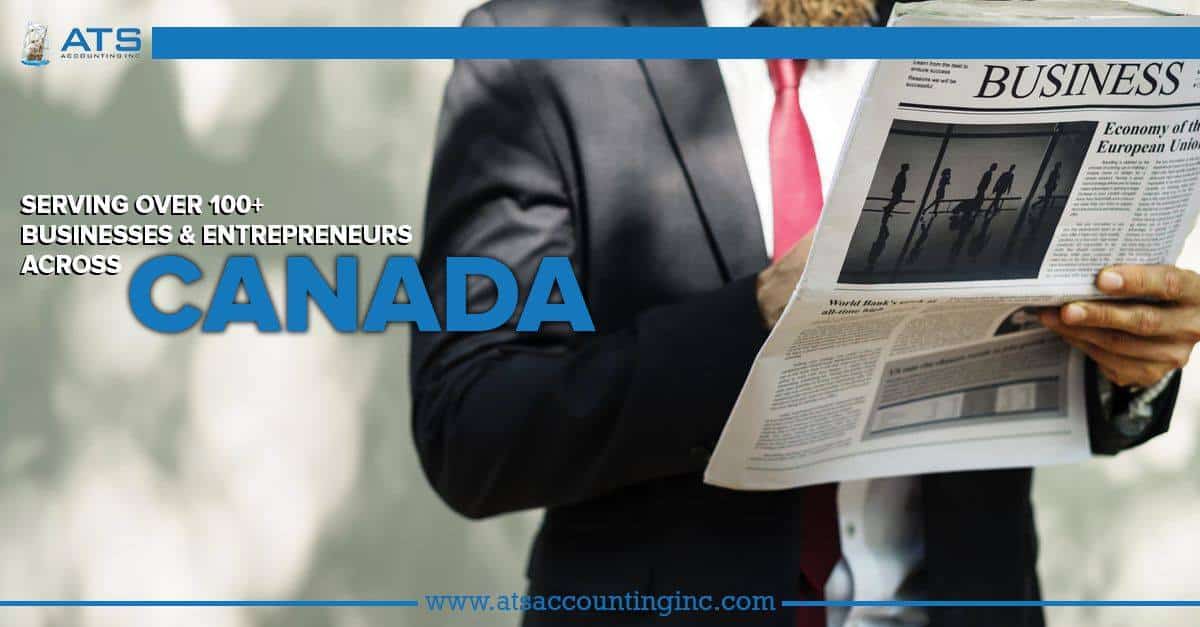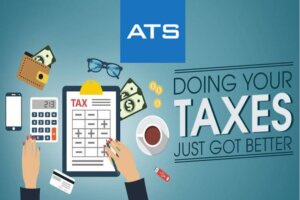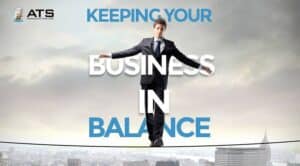When you started your business, you had to invest a significant amount of money to get everything in place. But that is not where your business expenses end. Running any size business can be costly. In fact, the cost of running a business can be quite overwhelming when you’re just starting out. Your business expenses can include marketing, salary, overhead expenses, manufacturing, and the list goes on and on. Although each business comes with its own set of business expenses, there are some common business expenses that remain true for most industries.
Efficiency in the control and monitoring of these expenses is the key to genuinely maximizing profits for your business. In fact, when you pay these bills on time, you are also able to reduce the amount of tax that you spend. By understanding the most common small business expenses that are tax deductible, and how to maximize these deductions, you can lower your taxable income and save money on taxes. Here is a list of the most common expenditures that a business owner must anticipate and prepare for.
Common Business Expenses
Rent and Utilities
Most businesses are set up in a brick-and-mortar location, although selling online has become a popular option these days. Whether it is at home or in a commercial space, you need to think of paying the rent and utilities and how much it will cost you monthly. These business expenses can include rent paid for office space, and utilities like electricity, water, and internet. If you work from home, you may be able to claim a portion of your home expenses like mortgage interest, property taxes, and home insurance as rent and utility expenses. To claim rent and utility expenses, ensure that you have receipts and records of all your expenses.
Payroll and Benefits of Employees
These make up a huge part of the business expense monthly. Apart from the usual payroll system that the company needs to follow to get the employees paid, there are also several types of benefits that every employee must get while working under you. All these could be overwhelmingly large, but they have to be paid to get the business going.
Salaries and benefits paid to employees are tax deductible for Canadian small businesses. This includes regular wages, bonuses, and overtime pay. Additionally, expenses incurred for employee benefits like health insurance, retirement plans, and training programs can also be claimed. To claim salaries and benefits, ensure that you have records of all your payments and employee details.
Office Expenses
Office expenses are tax deductible for Canadian small businesses. These expenses include supplies like pens, paper, and other stationery. It also includes expenses incurred in the maintenance and repair of equipment. As always, to claim office expenses, ensure that you have receipts and records of all your expenses.
Advertising and Promotion Expenses
Expenses incurred for advertising and promoting your small business are tax deductible. This includes advertising expenses like print ads, digital ads, and social media ads. It also includes expenses incurred for designing and printing brochures, flyers, and other promotional materials.
Professional Fees and Memberships
Professional fees paid to accountants, lawyers, and other professionals for services rendered are tax deductible. Additionally, membership fees paid to professional associations and organizations can also be claimed as legitimate business expenses.
Insurance Expenses
Small business owners can claim insurance expenses as tax deductions. This includes expenses incurred for property insurance, liability insurance, and other types of insurance like health insurance for employees.
Capital Expenses
Capital expenses are expenses incurred for the purchase of assets that are used in the business. These expenses can be claimed as tax deductions over a period of time. This includes expenses incurred for the purchase of property, equipment, and vehicles used in the business. To claim capital expenses, ensure that you have records of all your purchases and the depreciation schedule for each asset.
Keeping Track of Your Business Expenses
To ensure that you are maximizing your small business tax deductions and claiming correctly, it’s a good idea to hire experienced tax accountants like the team at ATS Accounting and Tax Edmonton. We can provide guidance on eligible deductions, help you keep track of your expenses, and ensure that you are claiming correctly. Additionally, we can help you to identify tax planning opportunities that can help you to reduce your tax liability.
Small business tax deductions are an important way for Canadian small businesses to reduce their tax liability and maximize their profits. Common expenses like office supplies, advertising and promotion expenses, and professional fees and memberships are all eligible for tax deductions. Additionally, expenses like home office expenses, salaries and benefits, and capital expenses can also be claimed as tax deductions. To maximize your small business tax deductions, it’s important to keep detailed records of all your expenses, use accounting software to track your expenses, claim all eligible deductions, claim home office expenses correctly, and consider hiring a tax accountant for guidance. By being aware of these business expenses, you can ensure that you are maximizing your tax deductions and reducing your tax liability, which can help you to grow and succeed as a small business owner in Canada.
Book Your Consultation with ATS Accounting and Tax Edmonton
If you’re a small business owner in Canada, don’t leave money on the table when it comes to your taxes. So, book your free 15-minute consultation with ATS Accounting and Tax Edmonton and start tracking your expenses, exploring tax planning opportunities, and taking advantage of all the tax deductions available to you. With a little effort and attention to detail, you can keep more money in your pocket and grow your business with confidence.




